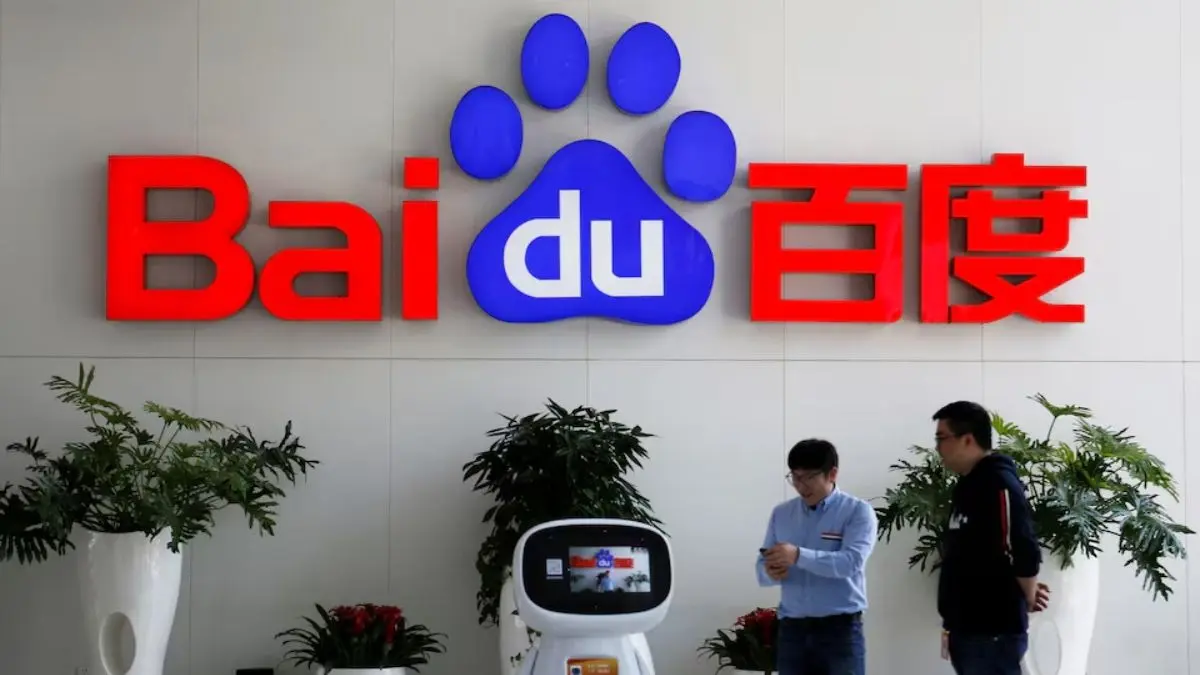Updated 2 July 2025 at 20:08 IST
Baidu Launches MuseSteamer AI Video Generator, Revamps Search Engine Amid Rising Competition
Baidu has launched a new MuseSteamer AI video generator to counter similar efforts by OpenAI and Google.
- Tech News
- 3 min read

In a bid to stay ahead in the intensifying artificial intelligence race, China’s Baidu on Wednesday unveiled a new AI-powered image-to-video generator called MuseSteamer, alongside a major upgrade to its core search engine. The move comes as part of the company’s broader strategy to strengthen its enterprise AI offerings and defend its position against domestic rivals ByteDance, Tencent, and Alibaba, who have also been making aggressive forays into generative AI.
MuseSteamer: Baidu’s Image-to-Video Generator for Businesses
The headline product, MuseSteamer, is designed to turn static images into short AI-generated videos, up to 10 seconds in length. Baidu has launched the model in three variants: Turbo, Pro, and Lite, presumably offering a balance between video quality, generation speed, and computational efficiency.
Unlike OpenAI’s Sora, which is expected to launch for general consumer use, MuseSteamer is strictly focused on business users. Baidu has not yet announced a version for individual creators or the public. This business-only strategy positions MuseSteamer as a tool for sectors like digital marketing, gaming, e-commerce, and content production, where short-form visuals can be used for advertising, demos, or creative prototyping.
The model is expected to help Chinese enterprises cut production costs and improve content workflows by eliminating traditional bottlenecks in video generation. Baidu has not disclosed pricing or cloud infrastructure details yet, but the launch suggests an attempt to carve out a niche in China’s growing enterprise AI services market, where demand for multimedia content creation tools is rapidly rising.
Advertisement
Revamped Search Engine with Multimodal AI
Alongside MuseSteamer, Baidu also redesigned its flagship search engine, integrating deeper AI capabilities. The upgraded version features a more intelligent search box that supports long-form queries, voice input, and image-based searches. This aligns Baidu with global trends where search engines are increasingly becoming multimodal, accepting various forms of input to improve user experience and search accuracy.
Results displayed on the platform are now more contextually targeted, leveraging Baidu’s proprietary AI models to better understand user intent. The overhaul is seen as a strategic response to the shifting behaviour of users, who now expect more natural and personalised answers, similar to those offered by conversational AI systems.
Advertisement
Rising Pressure from Domestic Competitors
Baidu’s latest launches come at a time of mounting pressure from domestic competitors. ByteDance’s Doubao, Tencent’s Yuanbao, and Alibaba’s Tongyi have made strong inroads into the Chinese AI space, offering everything from consumer chatbots to enterprise-level generative tools. ByteDance, in particular, is investing heavily to expand Doubao’s ecosystem and user base across China.
While Baidu was an early mover with its Ernie large language model and has had success in AI cloud services, its grip on core search and chatbot markets is now being challenged. The launch of MuseSteamer and the new AI-enhanced search experience reflects Baidu’s strategy to double down on enterprise-grade AI and differentiate itself from rivals focusing on consumer segments.
The Road Ahead
By targeting enterprises with MuseSteamer and strengthening its search product with multimodal AI, Baidu is aiming to reinforce its position as China’s AI infrastructure leader. However, the lack of a consumer-facing product in the creative AI space could be a blind spot if competitors like ByteDance or OpenAI manage to dominate that segment.
For now, Baidu seems focused on monetising its AI innovations through B2B solutions, particularly in areas like media, education, and digital commerce — markets where short-form video content is increasingly king.
Published By : Shubham Verma
Published On: 2 July 2025 at 20:08 IST
